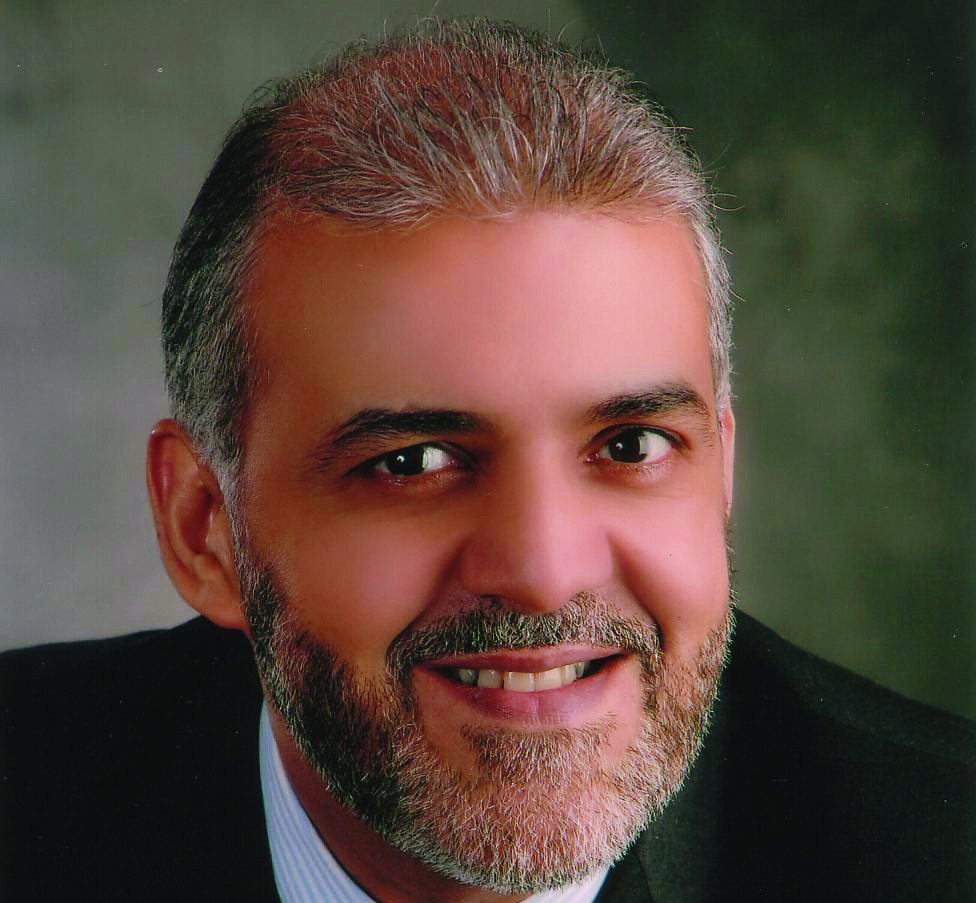
Tahir Sharif says more needs to be done to educate the regional industry about BIM.
RELATED ARTICLES: MEP catching up with BIM usage | Manadotry BIM | buildingSMART launches second BIM survey
Governments in the GCC remain some way behind the rest of the world when it comes to encouraging BIM adoption for sustainability, a leading expert has said.
Speaking during a Big Project ME roundtable, Tahir Sharif, president of buildingSMART told an assembled group of BIM experts that he had noted the region’s governments are still focusing on educating the industry about the benefits of BIM.
While there is increasing awareness of the benefits in terms of sustainability, Sharif said that the operations side of things needed to be educated and taught how to do things better.
In contrast, countries like Singapore have taken proactive steps to fund its practical use in the construction industry, thereby encouraging its use on a productive level.
“The government in Singapore is far ahead and actually contributes towards training for the industry. They understand what they’re looking at, in fact, they actually put their hands in their pocket in terms of training the industry, ensuring that BIM is actually used by supporting it actively,” he explained.
“In comparison, the governments over here, they’ve gone down a different route in a sense that their funding is so different. Their goal is to educate and so their benefits are (geared) more towards the educational side of things, whereas Singapore’s is more to the business side,” Sharif added.
Khalid Shuhail, council board member and chairman of the Arbitration Council, agreed with Sharif and said that sustainability was a ‘balloon’ that would only stretch so far when it came to BIM implementation.
“They want to do something and say it’s green, and everybody is talking about green, but not a lot of people know what all it means. So if you’re going to the government, then you have to go to the engineers and do more education. Maybe through the Society of Engineers or an establishment, so to get into it and educate them to use it and know what BIM is,” he said.
“However, it’s not easy to get something new, especially for E-development here. No matter what the budget is, they have to go to the lowest price and there is a big difference in quality and the level of the project and contractor. They need to do more in terms of education.”
Tahir Sharif and Khalid Shuhail were speaking at a round-table hosted by Causeway Middle East, which was chaired by Tim Cole, executive vice president of Strategy for Causeway.

